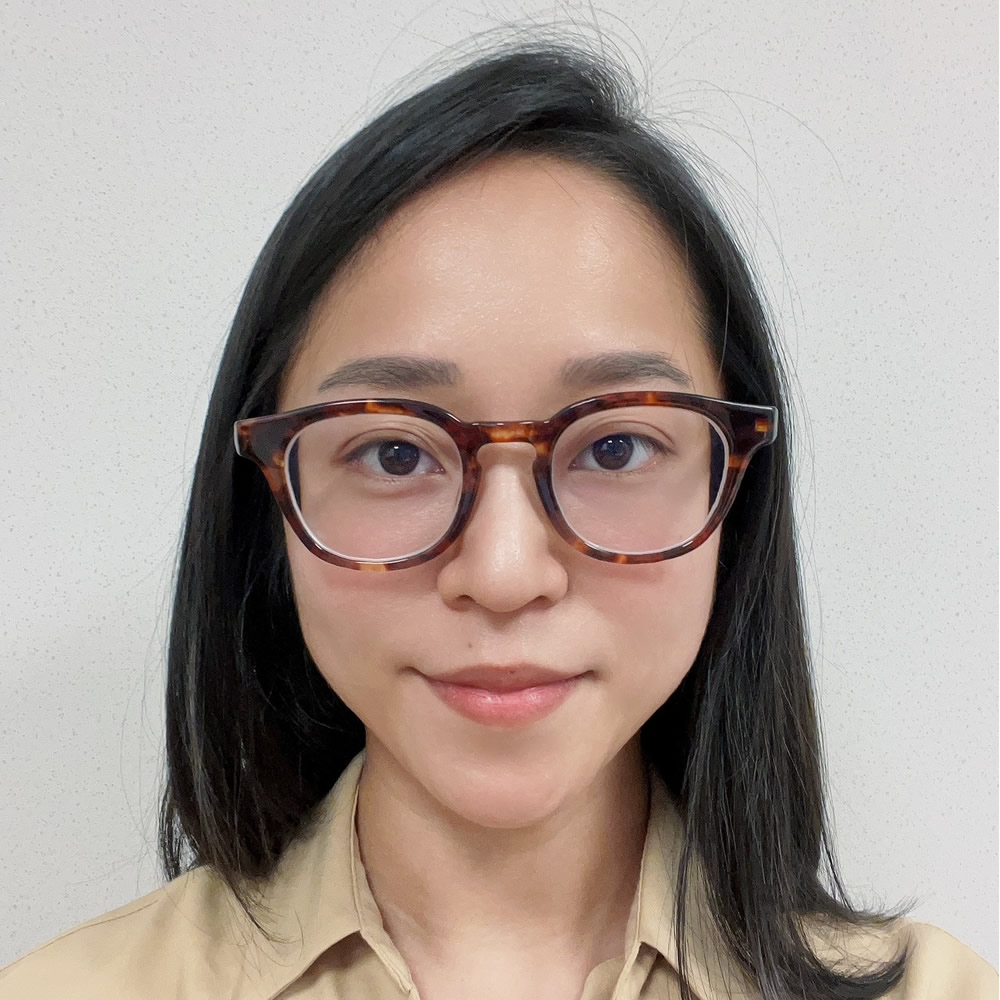
Cindy Tang
Presidential Postdoctoral Fellow
Nanyang Technological University
Dr Cindy Tang pursued her undergraduate studies in Engineering Science and her PhD degree from the Department of Physics at the National University of Singapore (NUS). She is currently a Postdoctoral Fellow in Prof Leong Weilin’s group at the Department of Electrical and Electronics Engineering in Nanyang Technological University (NTU), working on flexible sensors and development of organic electrochemical transistors. She was formally trained and now has expertise in designing organic materials and fabrication/characterization of various organic electronic devices. She has published her research in several high-impact journals including Nature, Nature Communications, American Chemistry Society (ACS) Nano, Materials Horizon, etc. producing an outstanding quality output among researchers at the same stage. Her prior professional engagements with various stakeholders include industry partners and researchers across different universities, enabling her to build a diverse network of collaborators. She was awarded the best PhD thesis in Science and Engineering at NUS in 2019 and is a current recipient of the Presidential Postdoctoral Fellowship at NTU. Her research interests lie in developing new materials for high performance organic electronics and she aims to demonstrate more novel and practical applications to promote widespread use of organic electronics especially in the area of sensing and low-powered electronics.
Universal High Performance Biocompatible Solid–State Organic Electrochemical Transistors (OECTs)
In the past decade, organic electrochemical transistors (OECTs) have found increasing applications in emerging flexible technologies including printed and wearable electronics, chemical and biological sensing, neuromorphic computing and soft robotics. This owes largely to the low power consumption, low operating voltage (<1 V), large signal amplification and biocompatibility of OECTs. However, the liquid components in OECTs could severely impede their long-term performance and stability because of, for instance, fluid leakage, evaporation, or electrolysis of electrolytes. Additionally, liquid components complicate the miniaturization due to the surface tension effect. To bypass issues associated with liquid electrolytes, here, a solid-state electrolyte based on a bio-compatible gelatinionic liquid blend is reported. This solid electrolyte is compatible with a wide range of different p-type and n-type organic mixed electronic ionic conductors (OMEICs) channels and exhibits high transconductance and fast response time, with excellent cycling stability surpassing that of aqueous electrolytes. Additionally, we demonstrate complementary inverters with ultra-low power consumption of <130nW and ultra-high voltage gains of up to 120 V/V, which to the best of our knowledge is the highest gain and lowest power consumption OECT-based inverter operating at supply voltages below 0.6V. These inverters are a fundamental building block for complementary OECT-circuits required for power-efficient platform for sensing and amplifying low-amplitude voltage signals in several emerging beyond-silicon applications.